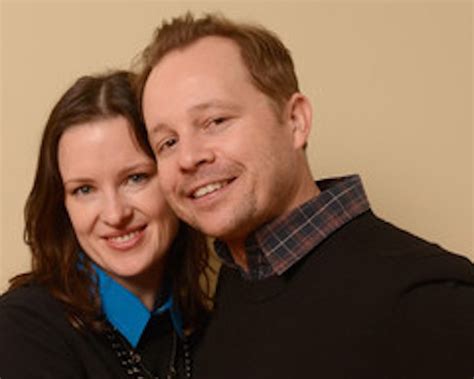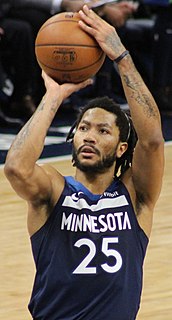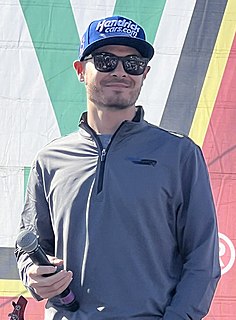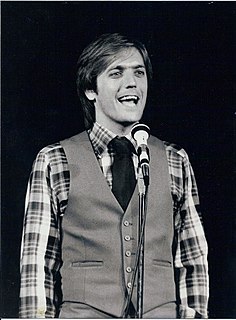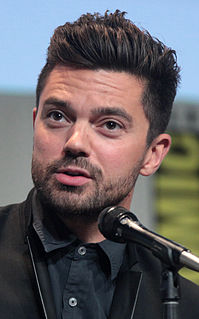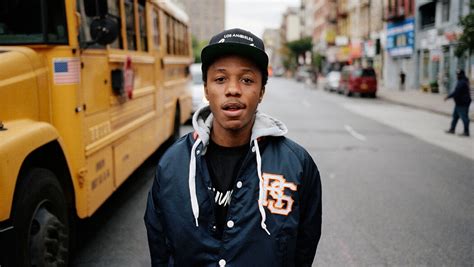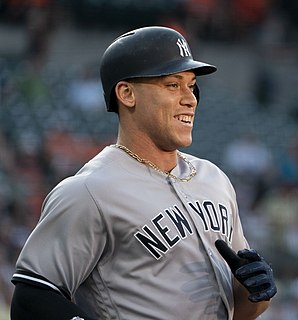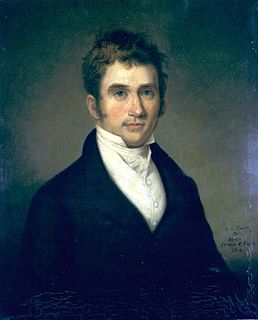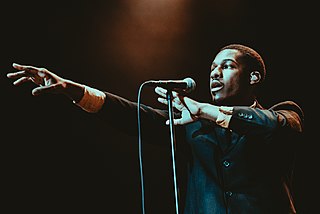A Quote by Liz W. Garcia
I just feel like the world is our oyster. I grew up knowing that my mother is a journalist and was one of the first bureau chiefs I think ever at the New York Times. Hearing these stories of how hard it was for her, and yet knowing how easy it is for me right now is just remarkable.
Related Quotes
Right now you can allow yourself to experience a very simple sense of not knowing - not knowing what or who you are, not knowing what this moment is, not knowing anything. If you give yourself this gift of not knowing and you follow it, a vast spaciousness and mysterious openness dawns within you. Relaxing into not knowing is almost like surrendering into a big, comfortable chair; you just fall into a field of possibility.
I talked to my mother about it a lot. I asked her what it was like to grow up in New York and Harlem in the 1920s and 1930s, and I asked her about a woman leaving her husband. I asked her about how she would feel about that woman, and my mother grew up in the Church Of God In Christ, and she told me that the woman might be isolated because the other women thought she might go and come after their husbands. That's how they thought then.
It's a very, very exciting time, but you can't help thinking or not quite knowing how it's seen from the outside. You're constantly in a state of terror or regret, not quite knowing how things are going to pan out, or whether you've made the right decisions. But, maybe that's just what it's like. Maybe that's just the life of it.
I love sitcoms, and I grew up on sitcoms. That's my tasty junk food. So I wanted to create a sitcom and have some really quirky characters, because most of the stuff they make now is just so marginalized. How interesting is a white guy who's 28 years old and lives in New York? What story have we not seen about a character like that? Just as a writer, it's so much easier to come up with comedy when you have a really oppressed Indian boy. Or a mother who is an addict but still has to take care of her kids.
I wanted to be an actor ever since I was five. My grandparents - my mom's parents in New York - were stage actors. I think indirectly I wanted to do it because of them. My grandfather would tell me stories about Tennessee Williams and actors he worked with in New York. He had such a respect for acting and such a love for storytelling about that world. I grew up hearing him tell tales of it.They were never encouraging me or discouraging me to take part. They were always feeding me with theater.
Two of the last four executive editors at the New York Times were Johannesburg bureau chiefs at some point, Bill Keller and Joe Lelyveld. This is a very prestigious post and I was like I don't know 28 years old, which at the Times is very young, I had the temerity to put my hand up for that job. I don't think I slept a single night of those six weeks that I spent in Johannesburg. It was an unbelievable experience, and I think I did okay.
